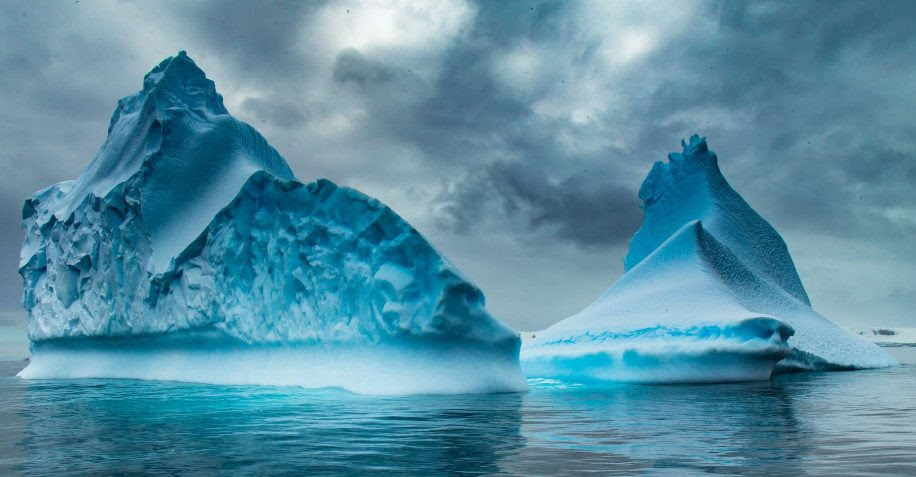PNAS (Proceedings of the National Academy of Sciences) scientists warned of the potential for a series of global warming disasters “dangerously unexplored” by the international community. They called on people to think about the worst to better prepare for them.
Scientists say more work needs to be done to understand the potentially catastrophic risks of climate change, such as if temperatures rise faster than expected or lead to unintended consequences. The most important scenarios are the ones we know the least about.
Research is being conducted on tipping points in the Earth’s climate, such as the irreversible melting of ice caps or the loss of the Amazon rainforest – it is becoming increasingly important to consider high-risk scenarios in climate modelling.
Johan Rockström, director of the Potsdam Institute for Climate Impacts and one of the study’s authors, said their findings suggest that global warming is already affecting the distribution of animal populations. The team proposes a research agenda to help governments combat the four horsemen of the climate apocalypse: famine and malnutrition, extreme weather events, conflict and vector-borne diseases.
Current government actions put the Earth on a warming trajectory of 2.7 °C by the end of the century, far from the 1.5 °C targets set by the Paris Agreement in 2015.
Moreover, a particular scientific bias has favoured the least lousy scenario, leading to insufficient attention to the potential consequences of 3 °C or more warming.
These researchers calculated that 2 billion people could be affected by extreme heat zones by 2070 if the average annual temperature remains above 29 °C. These high temperatures could lead to breadbasket failures due to droughts in Western Europe and heat waves in India.
Scientists suggest ample evidence that climate change could become a significant problem. “Understanding extreme risk is important for informed decision-making, from preparation to consideration of emergency response,” says Luke Kemp of the Cambridge Center for the Study of Existential Risk.



Comment here